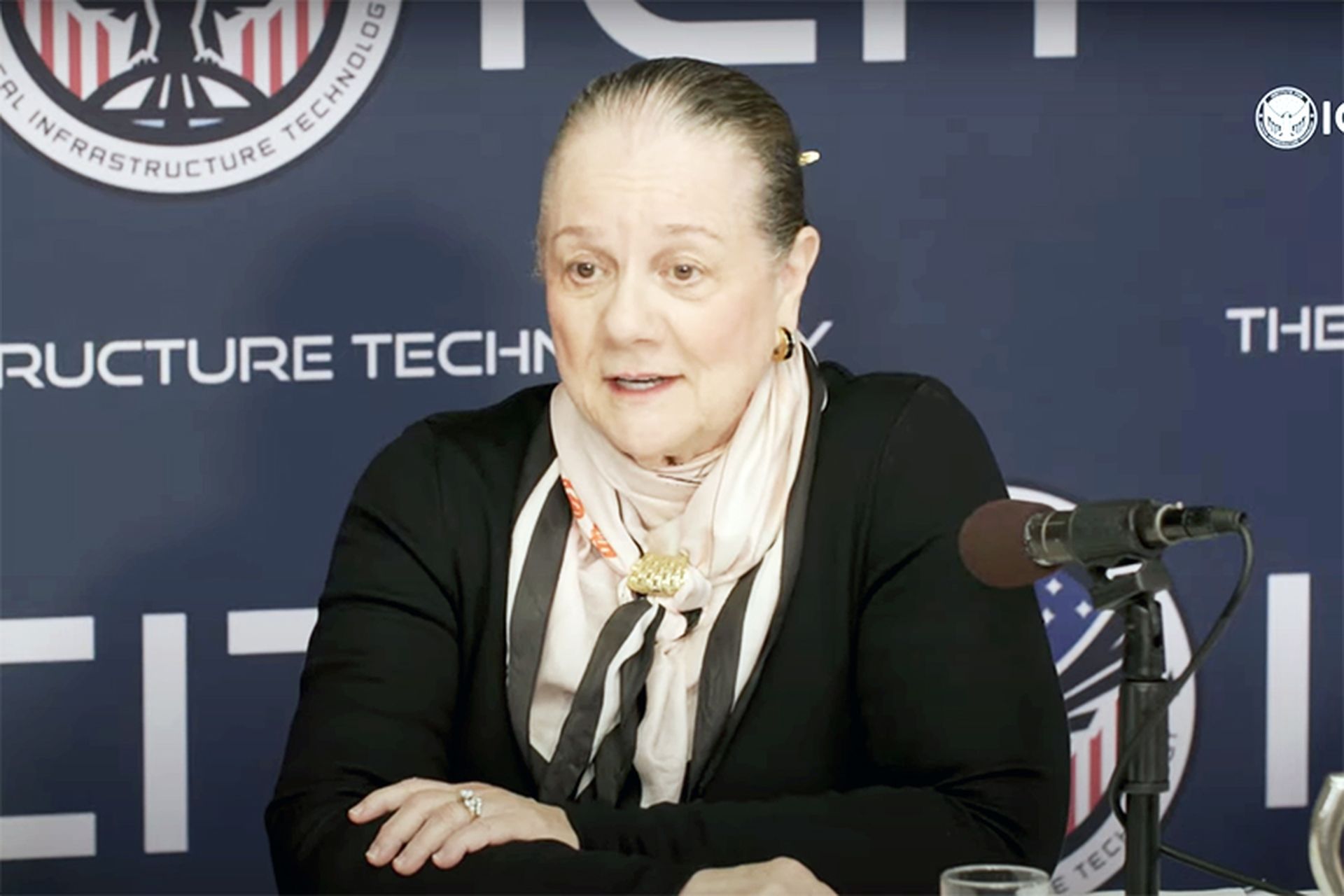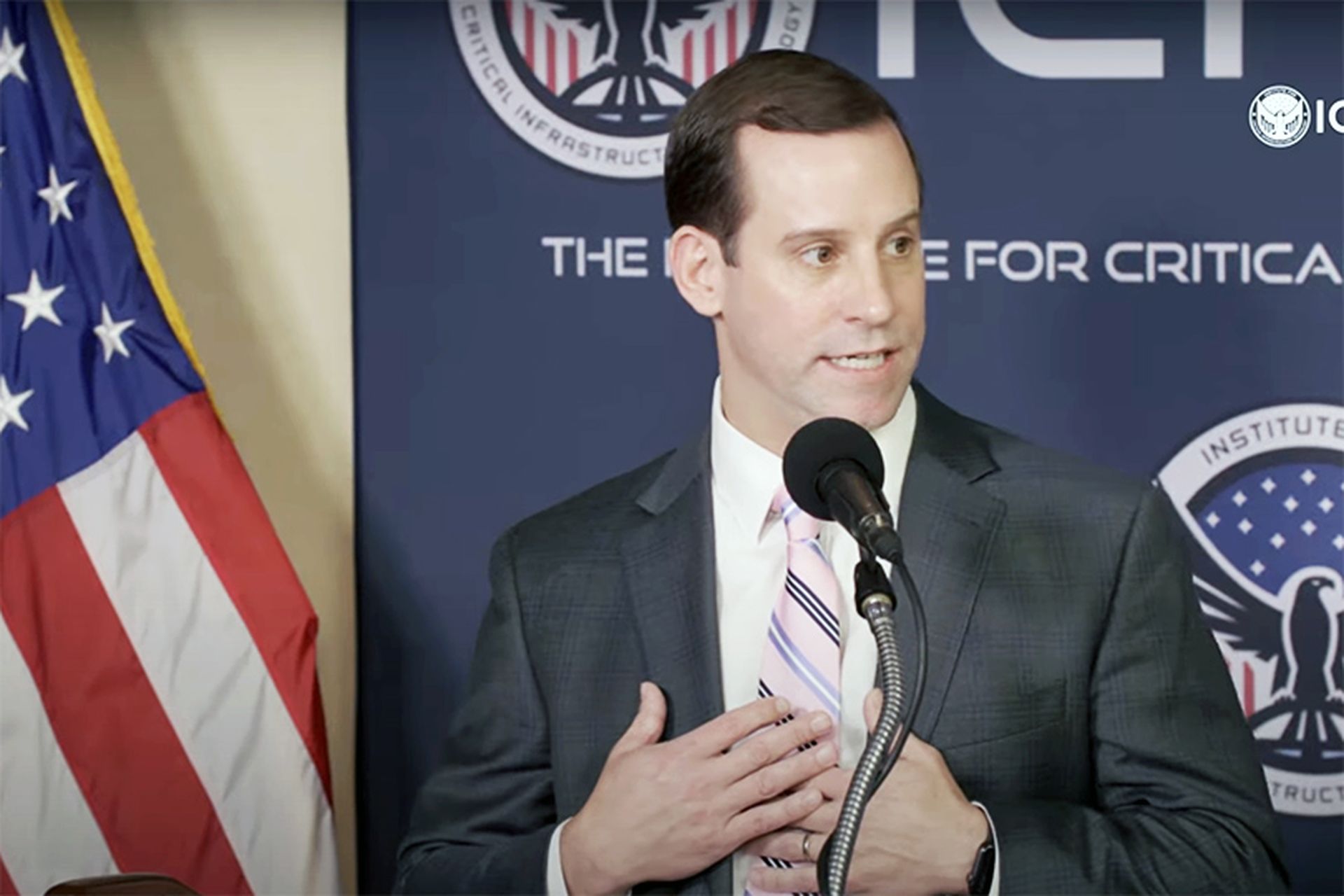On Aug. 1, 2024, the
Institute for Critical Infrastructure Technology (ICIT) formally launched the Center for Federal Civilian Executive Branch (FCEB) Resilience at the Capitol Visitors Center in Washington, D.C. The event convened a diverse group of policymakers, technology experts, and industry leaders to discuss strategies for enhancing the security and resilience of the FCEB. A highlight of the event was the keynote address delivered by Sen. John Hickenlooper, who underscored the
critical need for robust cybersecurity measures to protect federal agencies and, by extension, the nation’s security.
The Imperative of FCEB Resilience
The FCEB comprises 102 departments and agencies that serve as the primary interface between the Executive Branch and the American public. These organizations are responsible for delivering essential services and supporting infrastructure vital to the nation’s well-being. Given their pivotal role, they have become attractive targets for cyber adversaries aiming to disrupt government operations and erode public trust.
Hickenlooper’s Address
In his keynote, Senator Hickenlooper highlighted the escalating cyber threats facing federal agencies and the pressing need for a coordinated response. He emphasized that the resilience of the FCEB is not just a technological issue but a matter of national security and public confidence. The Senator called for increased investment in cybersecurity infrastructure, workforce development, and public-private partnerships to bolster defenses against sophisticated cyber adversaries.
ICIT’s Commitment to FCEB Resilience
The establishment of the Center for FCEB Resilience represents ICIT’s dedication to addressing these challenges through a multifaceted approach:
•
Education: Providing FCEB leaders with insights into cutting-edge solutions and strategies to inform effective decision-making.
•
Policy Development: Offering policy recommendations to lawmakers and agency executives to foster a secure and resilient federal infrastructure.
•
Collaboration: Facilitating communication and cohesion among public and private sector stakeholders to share best practices and develop unified strategies.
•
Resource Distribution: Creating and disseminating publicly available materials to support the program’s objectives and promote widespread awareness.
The Center aims to fundamentally reshape the government’s approach to securing the FCEB and private sector critical infrastructure, ensuring security and prosperity for future generations.
Looking Ahead
The launch event also featured panel discussions with experts in critical infrastructure technology, policy, and security, who explored the evolving threat landscape and the strategies necessary to enhance FCEB resilience. ICIT leadership provided updates on future activities, goals, and milestones for the Center, signaling a proactive and comprehensive effort to safeguard the nation’s critical infrastructure.
Conclusion
Senator Hickenlooper’s keynote address at the launch of the Center for FCEB Resilience served as a clarion call for action to strengthen the cybersecurity posture of federal agencies. By fostering collaboration, education, and policy development, the Center is poised to play a pivotal role in enhancing the resilience of the FCEB against the backdrop of an increasingly complex cyber threat environment.





